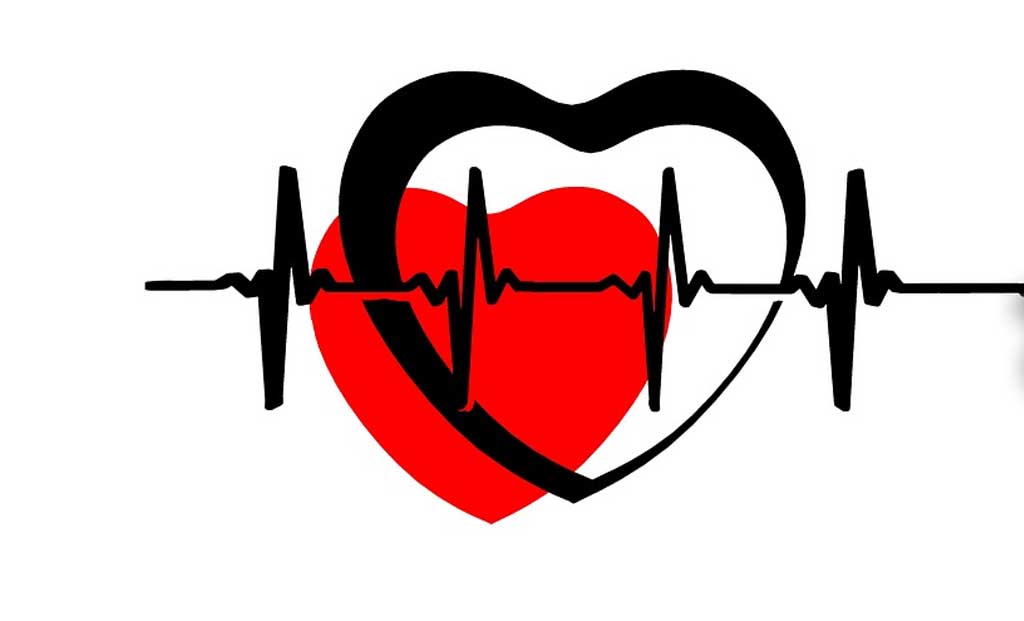A recent study has established a correlation between specific gut bacteria and coronary atherosclerotic plaques, the primary cause of heart attacks, which develop as fatty and cholesterol deposits accumulate. 8,973 people were part of the analysis of gut bacteria and cardiac imaging by researchers from Uppsala and Lund University in Sweden. The participants were in the age group of 50 to 65, all without a history of heart disease.
The results, published in the scientific journal Circulation, unveiled that certain oral bacteria, particularly those from the Streptococcus genus, are linked to a higher incidence of atherosclerotic plaques in the small arteries of the heart when present in the gut flora.
The Streptococcus genus commonly includes bacteria responsible for pneumonia, throat infections, skin infections, and heart valve infections. The researchers are now aiming to determine if these bacteria contribute to the development of atherosclerosis, as stated by Tove Fall, Professor in Molecular Epidemiology at the Department of Medical Sciences and the SciLifeLab at Uppsala.
In this study, scientists explored the connection between the gut microbiota and the accumulation of fatty deposits in heart arteries. Sergi Sayols-Baixeras, the lead author from Uppsala University, emphasized the significance of the extensive sample size and high-quality data obtained from cardiac imaging and gut flora analysis, allowing for the identification of new associations. Notably, the two strongest associations were found with Streptococcus anginosus and S. oralis subsp. oralis.
Correlation was measured using faecal and saliva samples.
The research team also discovered that some of the species linked to the build-up of fatty deposits in heart arteries were present in similar quantities in the mouth. This correlation was measured using faecal and saliva samples. Furthermore, these bacteria were associated with markers of inflammation in the blood, even after accounting for variations in diet and medication among the participants carrying the bacteria and those who did not.
Fatty Liver Disease and Diabetes: A vicious circle | ALSO READ
“Our understanding of how the human host and bacterial communities in different body compartments influence each other is still in its early stages. Our study demonstrates poorer cardiovascular health among carriers of streptococci in their gut. Now, we need to investigate whether these bacteria play a significant role in the development of atherosclerosis,” said Marju Orho-Melander, Professor in Genetic Epidemiology at Lund University.











